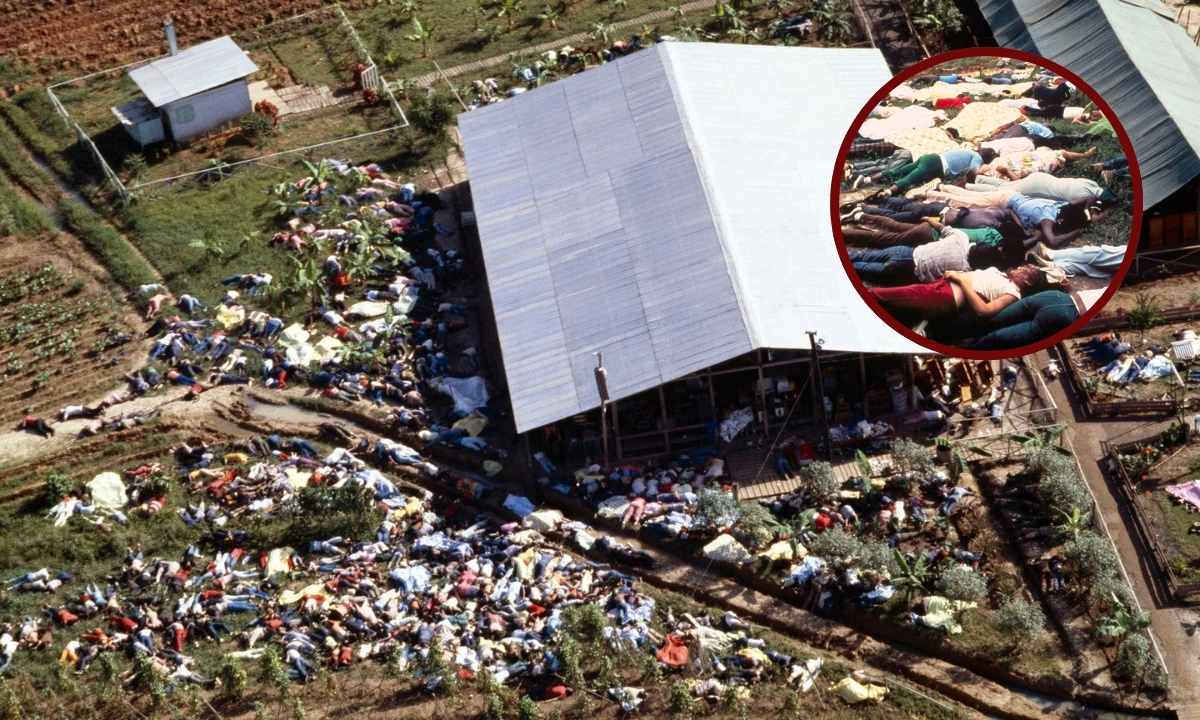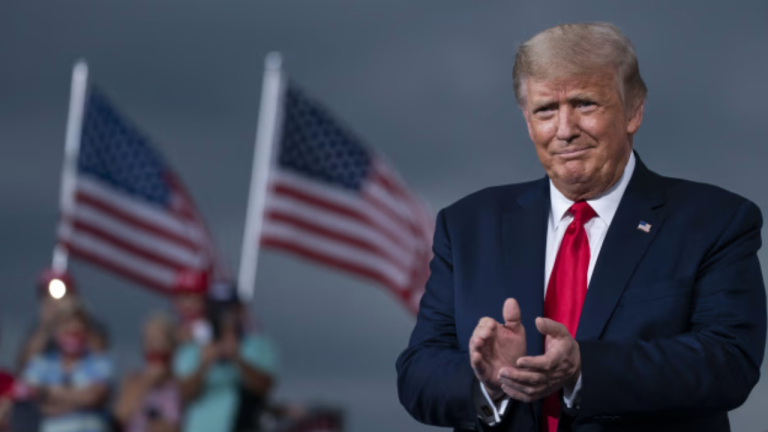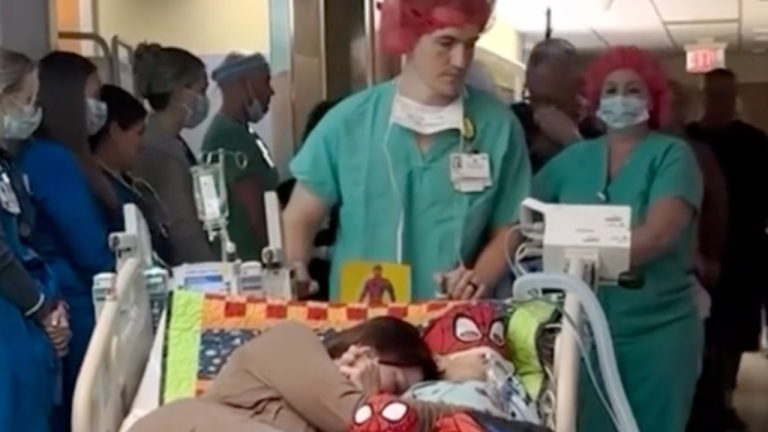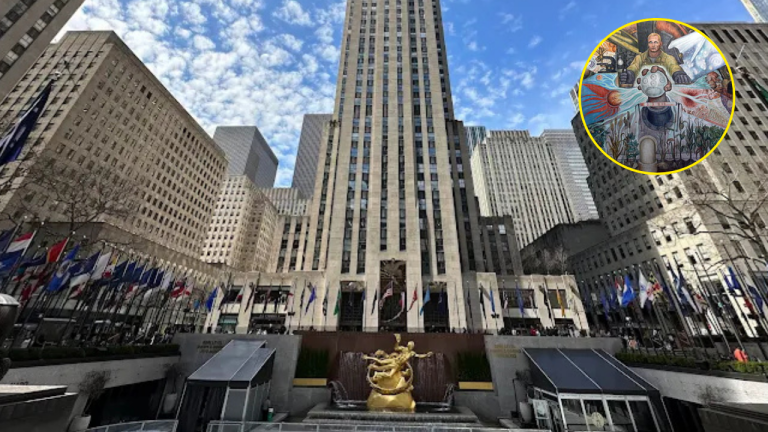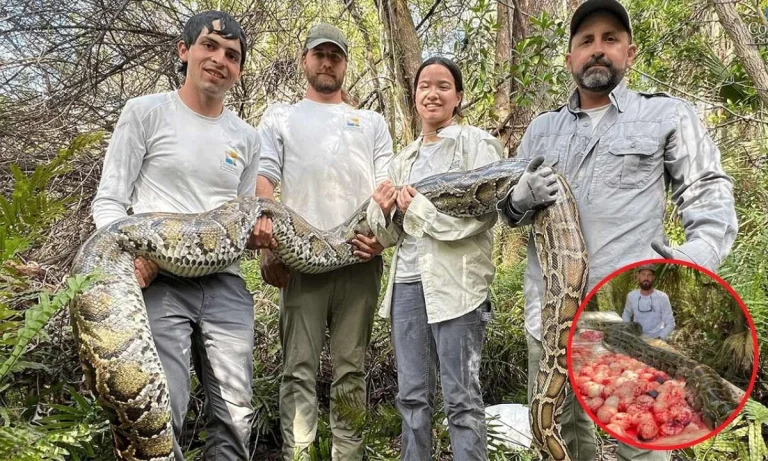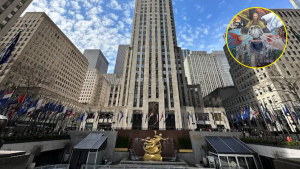On November 18, 1978, one of the most horrifying events in American history occurred in Jonestown, Guyana. This tragic day saw the mass murder-suicide of over 900 members of the Peoples Temple, a cult led by the paranoid Jim Jones. Among the victims were more than 300 children, making this one of the largest mass deaths ever recorded in America.
Jim Jones had followers from all over California, San Francisco, and other parts of America, where he had his initial temples. When he moved his temple to Guyana he encouraged people to move there by painting a picture of both a “socialist paradise” and a “sanctuary” from the media. With blind faith and an idea of a Utopia, over 500 moved before their lives came to a tragic end. Let’s have a closer look at the entire story.
The Rise of Jim Jones and the People’s Temple
Jim Jones began his journey in the mid-1950s when he opened his first church in Indianapolis. Without any formal theological training, he created a community known for its racial integration. It was quite progressive at the time. In 1960, the congregation, later called the Peoples Temple, became affiliated with the Disciples of Christ, and Jones was ordained four years later.
By the mid-1960s, Jones had moved the Peoples Temple to California, believing it would be a safe haven in the event of a nuclear war. The congregation grew as he opened new churches in Ukiah, San Francisco, and Los Angeles. Jones gained significant political influence and was known for his supposed psychic abilities, including mind reading and faith healing.

The Dark Side of the Peoples Temple
Despite its outward appearance of community and charity, the Peoples Temple was far from a utopia. Jones controlled his followers through psychological manipulation, including mind reading and faith healing. Members were forced into signing over their possessions and were often humiliated, beaten, and blackmailed. Families were separated and told that leaving the Temple would result in being sent to government-run concentration camps.
In 1977, as scrutiny from the press increased, Jones moved several hundred followers to a compound in Guyana, which he had been developing for years. This place, named Jonestown, was supposed to be a utopian agricultural commune but soon revealed its dark reality.
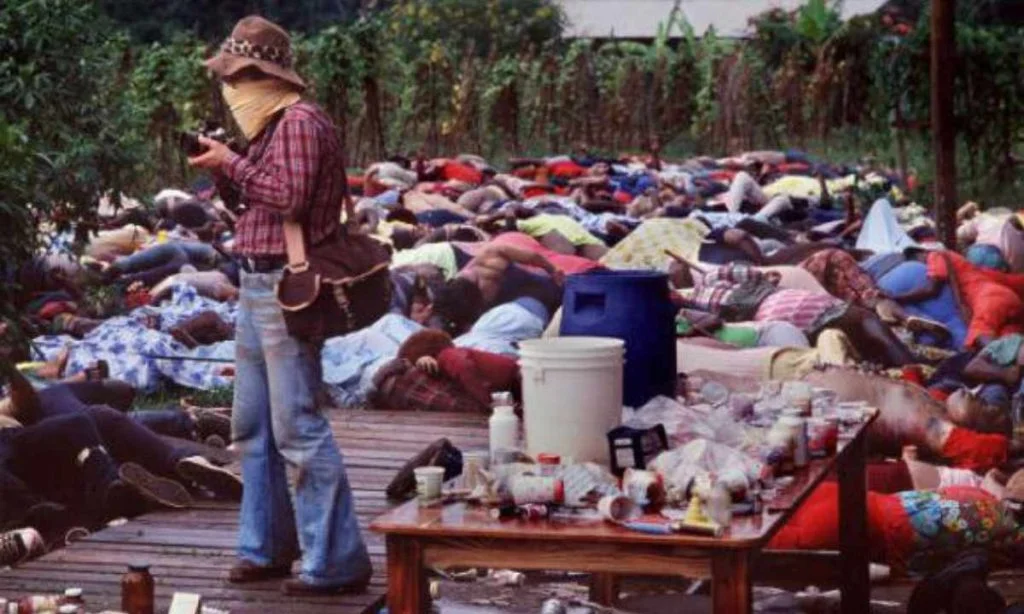
Life in Jonestown: A False Utopia
Jonestown was a self-governing community with little oversight from the Guyanese government. The local administration had minimal control over the settlement due to its remote location. The community was also self-sufficient. Conditions were brutal inside Jonestown. Members faced forced labor, regular beatings, and psychological abuse. The promised utopia was instead a place of fear and suffering.
The situation in Jonestown reached a critical point when U.S. Congressman Leo Ryan decided to investigate the allegations of abuse and imprisonment within the Peoples Temple. Ryan arrived in Guyana on November 14, 1978, and visited Jonestown on November 17. His presence was first met with hostility. However, some members showed a desire to leave with him.
As Ryan and his group prepared to leave on November 18, they were ambushed at the airstrip by Temple members. Ryan, three members of the press, and one defector were killed. Others were wounded in the attack.


The Mass Suicide Event Killing Over 900!
Following the airstrip attack, Jim Jones ordered a mass suicide, which he called “revolutionary suicide.” This plan had been rehearsed before. Members were instructed to drink a cyanide-laced fruit drink. The poison was first given to babies and children via syringes, and then the adults drank it.
Jones himself died from a gunshot wound, likely self-inflicted.
In the aftermath, authorities found a cache of firearms, hundreds of passports, and $500,000 in cash. The true horror of Jonestown was unveiled. Fewer than 100 members survived, most of whom were in Georgetown.

The Aftermath
The Jonestown massacre shocked the world. People were in horror and disbelief. Larry Layton, a Temple member, was the only person tried in the U.S. for the events of November 18. He was convicted and sentenced to life in prison but was released in 2002. Another man, Charles Beikman, pleaded guilty to attempted murder and served five years in Guyana.
The Peoples Temple disbanded after the massacre. They filed for bankruptcy at the end of 1978. The Jonestown tragedy showed the dangers of cults and mass manipulation.
Conclusion
The Jonestown massacre serves as a grim reminder of the dangers of blind faith and the importance of critical thinking. It highlights the need for vigilance and oversight to protect vulnerable individuals from charismatic leaders who exploit trust. Jonestown’s place in history is a stark warning of how easily people can be led astray by the promise of utopia.
Also read,


